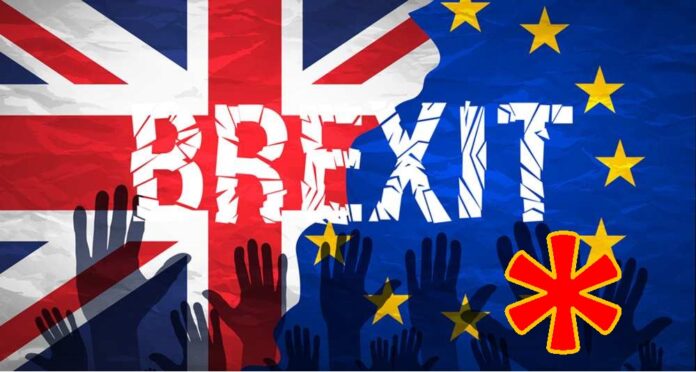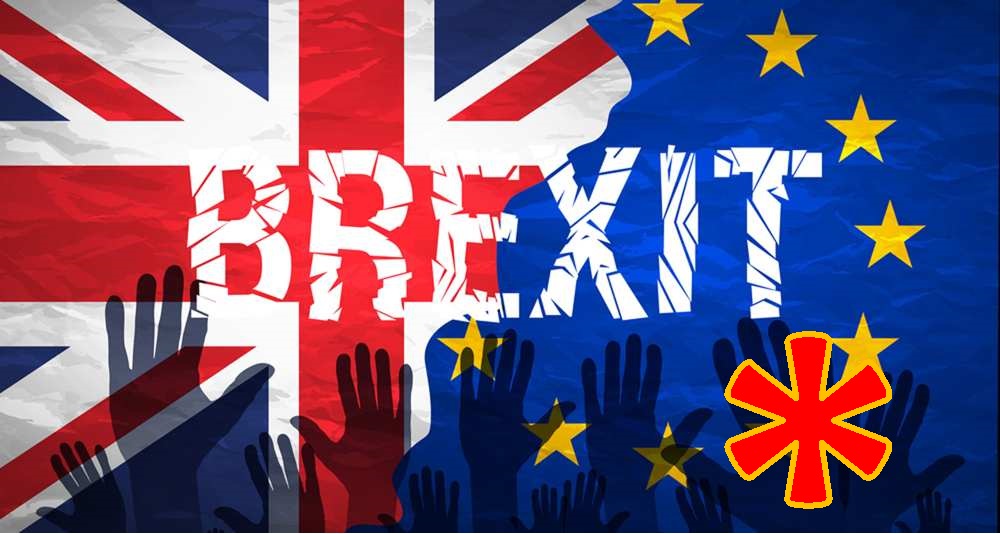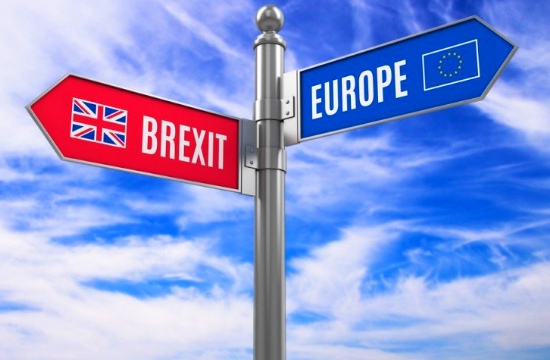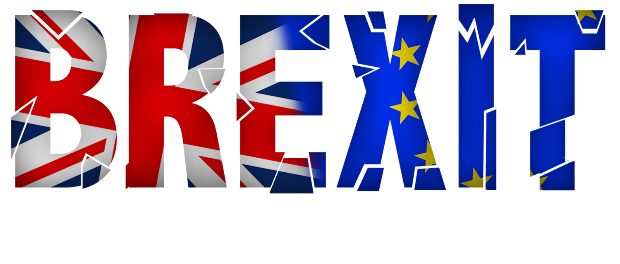
Now that the UK has voted to leave the EU (Brexit) there are a number of business issues which will affect many industries, including shipping.
These include the following:
General market conditions
- Immediately after the Brexit result the GB£ fell to its lowest level against the US$ in 31 years. The GB£ also fell against all major trading currencies although it has since rebounded slightly.
- The Brexit vote also had a knock on effect (albeit smaller) on the Euro/US$ exchange rate.
- This will impact positively on British and European Shipowners and Charterers as they repatriate funds normally received in dollars into local currency.
- Since the vote, a decline in demand for goods/services both from consumers and companies has been seen, reflecting their concerns about the impact of Brexit.
- Although conversely the slide in the GB£ may benefit UK exporters.
- According to National Institute of Economic and Social Research there is a 50% chance that the UK will enter a recession in 2016/17 as a result of Brexit. As the UK is the fifth largest economy in the world there is a high chance that globally there will be reduced demand for cargoes being shipped.
- The Japanese foreign ministry has issued a report indicating that, depending on how Brexit negotiations progress, Japanese firms might want to move if EU laws cease to be applicable in the UK. This could mean not only Japanese manufactures relocating, but also shipowners, finance houses and trading companies.
Border controls
- It is not yet clear what type of trade deals will be available to the UK and so it is difficult to know whether the UK will have to produce its own customs regime as it will no longer be part of the Customs Union and the Community Customs Code will no longer be law.
- Assuming the UK does have to create its own customs regime, then there will be border controls for trade between the EU and UK, which may lead to the following:
- Delays at ports/terminals within the UK.
- Additional documentary costs for shippers, NVOCCs and importers of goods.
- A return of the customs broking industry in respect of imports from the EU and exports to the EU.
- The potential removal of “single duty suspension regimes” where an item from a non-EU nation can pass through member states until cleared at the final destination.
- A possible relaxation of regulations related to the import of goods (e.g. food) into the UK for domestic use/consumption.
- If there is a relaxation of the regulations it may assist UK based SMEs as a result of a reduction in paperwork/bureaucracy.
- Import taxes – importers to the EU where there is “on shipment” to the UK may face double import taxes (and vice-versa).
- While the Mayor of Calais has suggested that British border and immigration officials should not work in Calais now that a vote for Brexit has occurred, the French Government does not appear interested in cancelling the bilateral agreement. However, there have been severe delays at Dover apparently caused by a lack of French immigration staff.
- Notwithstanding that the disruption to the Dover-Calais route was relatively short lived, as a result of Brexit there may be an increased risk of port blockades that impact on the cross channel ferry routes.
- Shipowners, shippers, forwarders, charterers and receivers need to be aware of who takes the risk of additional delay, port charges or import duties and include appropriate contract terms.
State Aid
- While Britain is a part of the EU it has to abide by the rules governing State Aid. This means that the UK Government is not allowed to intervene by giving subsidies, interest or tax reliefs to industries or companies that may distort competition and/or affect trade in the EU.
- Brexit may, therefore, allow the UK Government greater flexibility to support Shipping through changes in, for example, tonnage tax and corporation tax.
- It may also mean that the UK Government is better able to support the Offshore industry and the export of the specialist skills that the Offshore industry has.
- Finally, it may make it easier for the Government to financially support ports and terminals to make them more efficient and to attract more business.
Ports & Terminals
On 8 March 2016, the European Parliament voted in favour of the controversial EU Port Services Regulation (the PSR).
- The PSR targets mainly “port services” with reference to increased market access and competition/transparency.
- The PSR is opposed by the major port owners in the UK as they argue it will hinder business and cause a growth in unnecessary bureaucracy as they, unlike European ports, are privately owned.
- It has to be formally approved by the European Parliament and then by the Council of Europe, this is expected to be completed by the end of 2016.
- Brexit may make it possible for the UK to avoid the implementation of this Regulation in relation to UK ports.
Cabotage
- UK shipping companies, or shipping companies controlled by UK nationals may lose the right to offer cabotage services throughout the EU.
Finance/insurance
- The potential loss of ‘passporting’ rights which allow authorised entities carrying out certain regulated services in an EEA state to establish themselves in another EEA state, or provide cross-border services within the EEA, could impact on the maritime insurance and ship finance sectors.
- Due to market uncertainty ship finance may dry up making it more difficult for ship owners to renew their fleets.
Ship Recycling
- The EU has “gold plated” the Hong Kong Convention for the Safe and Environmentally Sound Recycling of Ships, which has made recycling more complicated for EU owned vessels not registered in the EU.
- As a result, it may be possible that not being part of the EU may give the UK a competitive advantage in relation to ship scrapping, as the UK may merely incorporate the less onerous Hong Kong Convention into UK law without the EU “gold plating”.
Security implications
- Depending on how a Brexit is manifested it may also lead to increased security risk for shipping because:
- Reduction in sharing of information amongst police and security services could lead to increased attempts at smuggling (e.g. in containers) and terrorism.
- If the UK no longer participates in the mandatory electronic reporting of advance data for shipments there may also be increased risk of smuggling.
- In turn, if there is an increase in smuggling, then there is likely to be increased delay for vessels/cargoes as they undergo rigorous checks.
- The UK is an active participant in EUNAVFOR Somalia, also known as Operation Atalanta, assisting in protecting the shipping lanes off Somalia. Although considered unlikely, it may be that the UK will disengage from this.
[Total: 1]
















Reblogged this on Brittius.
Reblogged this on Mar Equinoccial and commented:
Shipping Brexit considerations
Also. the UK may recover its fishing grounds up to the full 200 nautical mile limit ending the EU Common Fisheries Policy regulatory regime and the 1 9 7 2 London Convention.